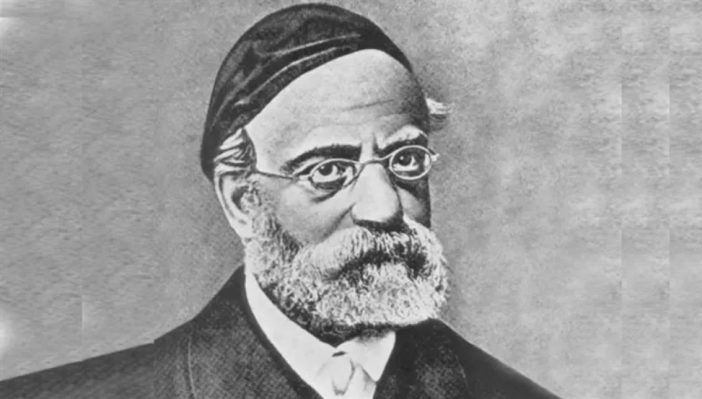While the Torah forbids “returning to Egypt,” Rav Samson Raphael Hirsch explains this means dependence, not geography—shedding light on Rambam’s residence in Egypt and Israel’s own reliance on modern powers today.
The Torah famously warns: “You shall henceforth return no more in this way” (Deut. 17:16). Many have asked: how, then, could the great Rambam live in Egypt when Jewish law seemingly forbids it?
Rav Samson Raphael Hirsch clarifies that the Torah’s prohibition is not about stepping foot in Egypt per se—but about dependence.
When famine struck in the days of Avraham, where did he turn? Egypt. When it struck again, Isaac nearly did the same before God held him back. And when famine struck a third time, Yaakov’s sons went down to Egypt. The message: Hashem does not want His people perpetually reliant on Egypt.
This is why a Jewish king is forbidden from amassing horses, the tanks of the ancient world, which primarily came from Egypt. Such trade would mean constant reliance on Egyptian imports—and, over time, an infiltration of Egyptian ideology into Jewish life.
Rav Hirsch cites R’ Eliezer MiMetz: the prohibition primarily applies to Jews living in the Land of Israel, for whom moving to Egypt would symbolize dependence. Jews living elsewhere, however, were permitted to dwell there. Rambam, therefore, did not violate the law.
The deeper principle remains timeless: God does not want His people living in subordination to other nations.
This resonates with today’s State of Israel. While Israel requires a strong military, some argue its reliance on **America—the superpower of our era, as Egypt was in antiquity—**creates a cultural dependency that imports not only weapons but also post-modern values.
Change may not be immediate, but the Torah’s ideal is clear: a nation of God must stand strong on its own, both militarily and spiritually.
As Rav Hirsch reminds us, the goal is not mere survival under another’s protection, but building a society rooted in faith and independence: a people who depend on Hashem alone.





